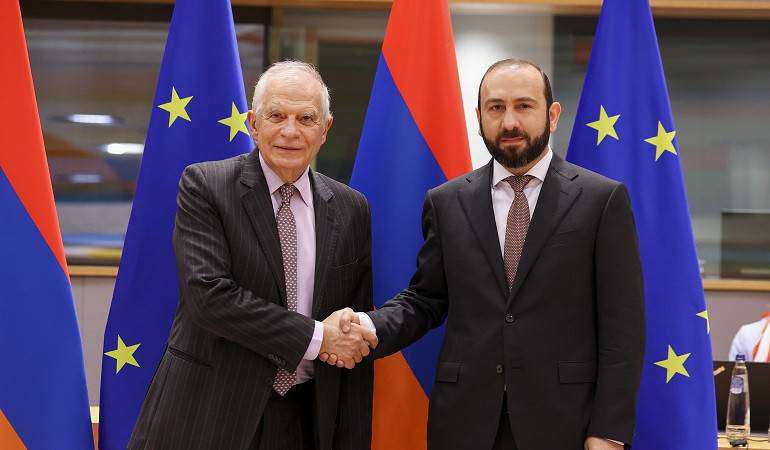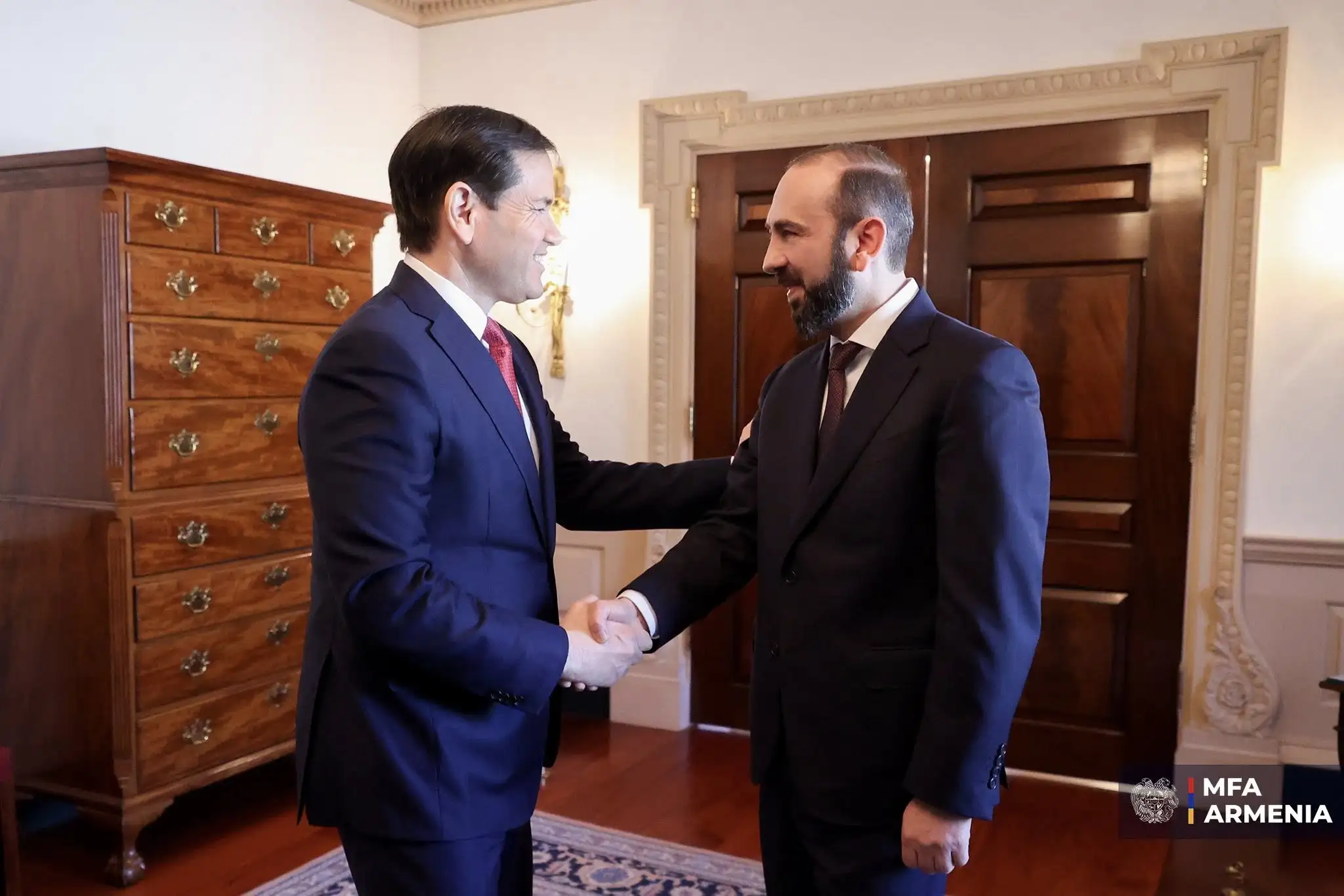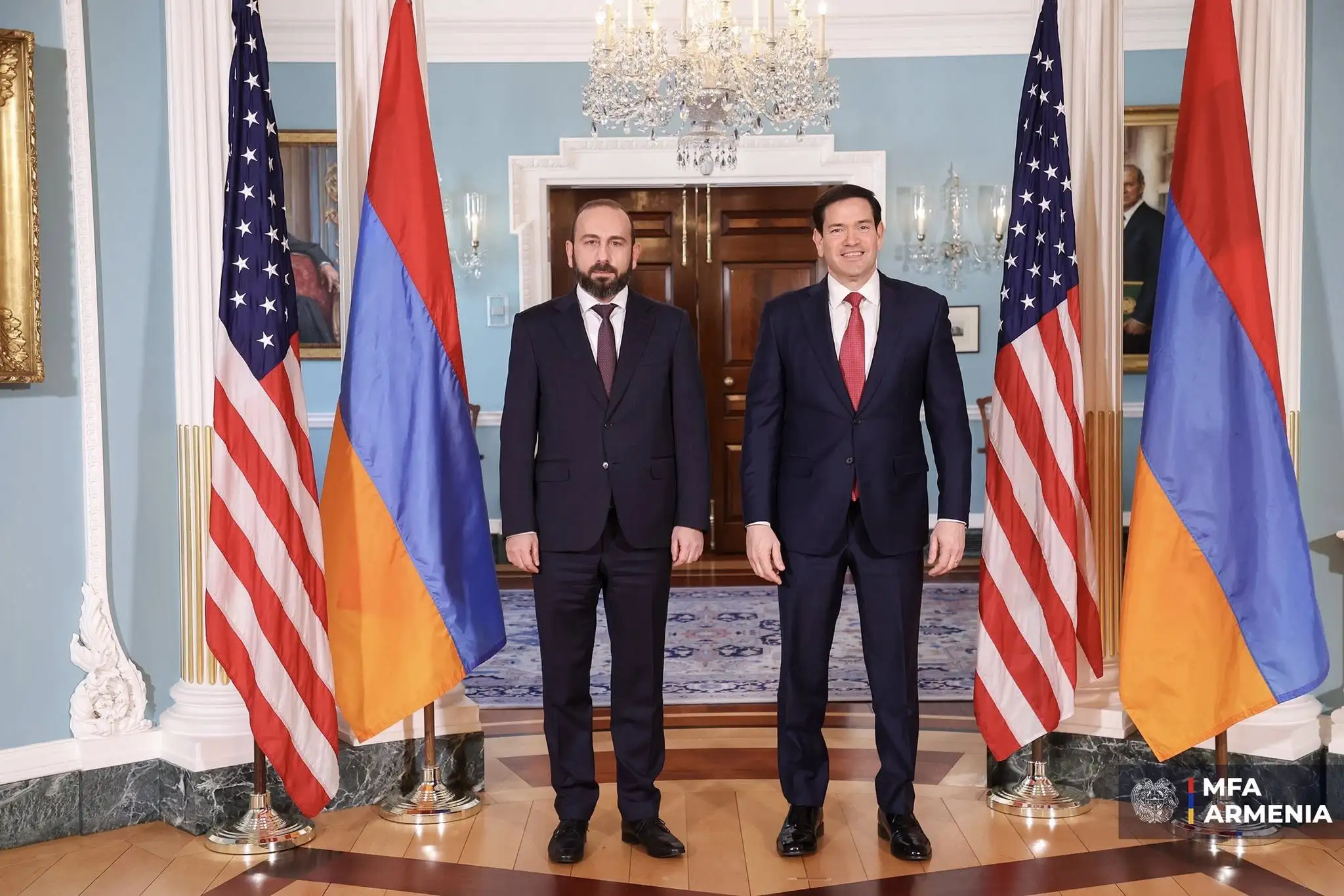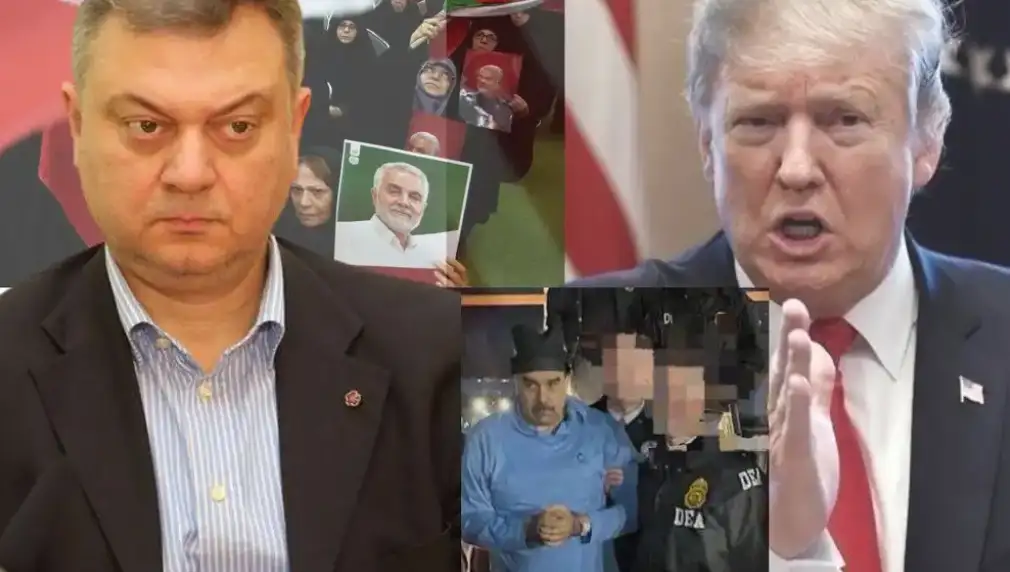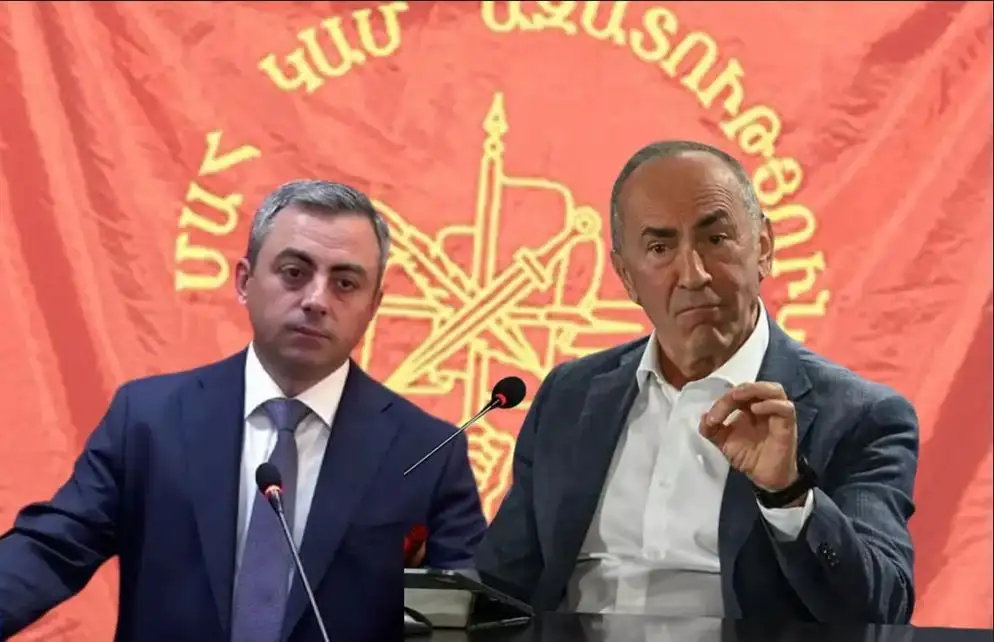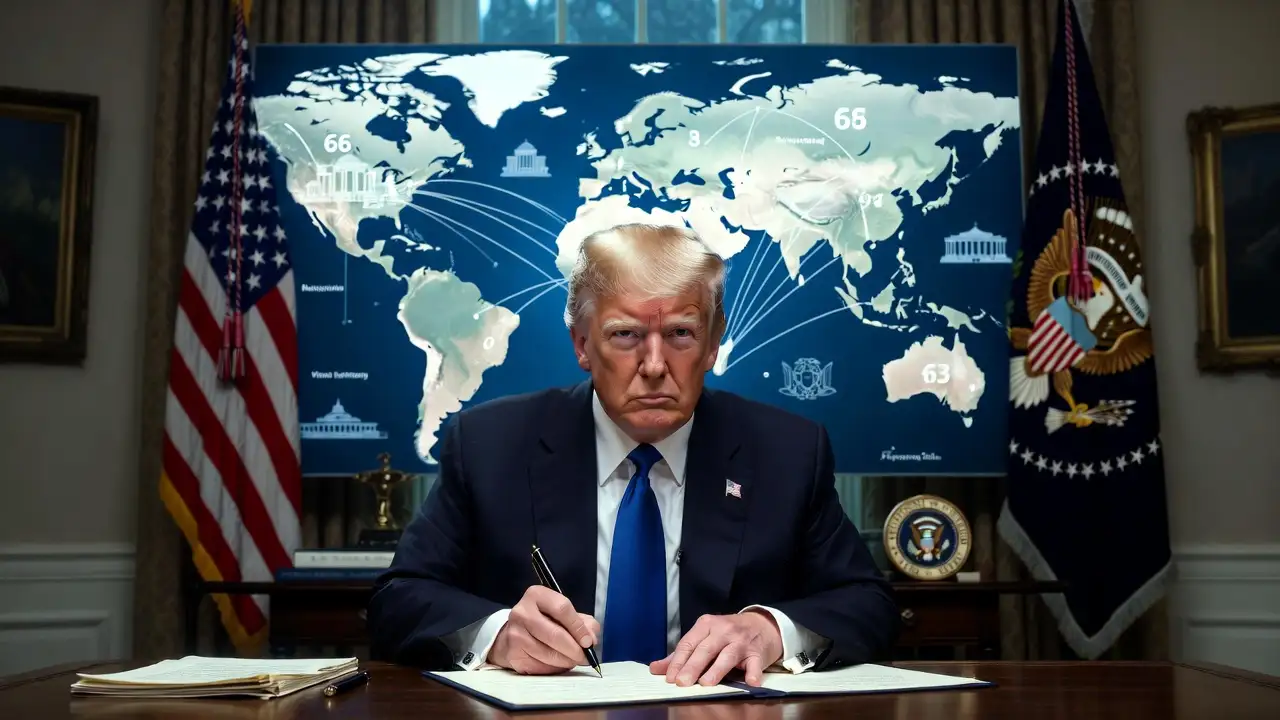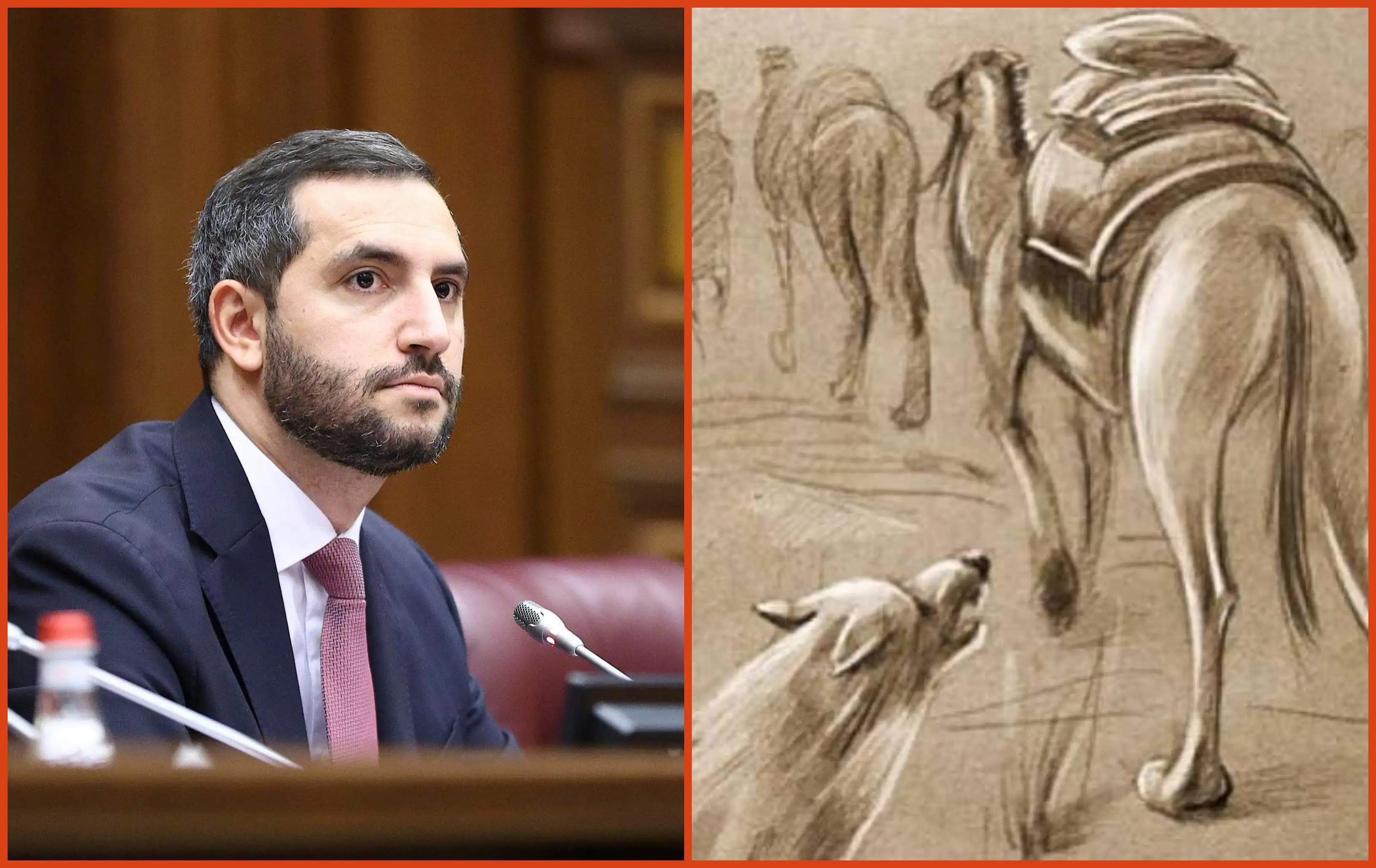On February 13, 2024, the 5th session of the Armenia-EU Partnership Council was held in Brussels. The mutual interest and commitment of RA and the EU to strengthen and deepen relations based on common values was confirmed at the meeting. For this purpose, the parties have agreed to start work on the new agenda of the Armenia-EU Partnership, setting more ambitious joint priorities for cooperation in all dimensions.
The European Union has announced an additional 5.5 million euros in humanitarian aid to support Armenians displaced from Nagorno-Karabakh. This funding is in addition to previous financial support of €12.2 million to address urgent humanitarian needs, as well as recently approved €15 million budget support for socio-economic needs.
The Partnership Council reviewed the implementation process of the Armenia-EU Comprehensive and Extended Partnership Agreement (CEPA). The EU welcomed Armenia's commitment to the implementation of the GCC, appreciated the progress made and encouraged Armenia to continue with its reform agenda. The new agenda of the Armenia-EU Partnership will be aimed at revealing the full potential of the GCC.
The Partnership Council reaffirmed the joint commitment of Armenia and the EU to human rights, the rule of law and democratic principles. The Partnership Council welcomed the achievements recorded in Armenia so far in the direction of the implementation of justice reforms and the fight against corruption, the establishment of the Ministry of Internal Affairs and police reforms with the support of the EU. The parties also noted the challenges in combating discrimination, hate speech and disinformation, and Armenia is committed to working towards further progress in these areas. The EU welcomed Armenia's recent becoming the 124th state to sign the Rome Statute of the International Criminal Court and encouraged Armenia to consider relevant capacity building opportunities.
The Partnership Council acknowledged Armenia's willingness to start a visa liberalization dialogue with the EU and reaffirmed the EU's willingness to continue to take additional steps to consider possible options in that direction, in continuation of the November 2023 Foreign Relations Council. The EU welcomed Armenia's implementation of visa facilitation and readmission agreements and encouraged Armenia to continue its efforts in this direction.
The EU has expressed its commitment to be on Armenia's side in various directions, particularly in the fields of trade, energy and communications, in strengthening its resilience. The Partnership Council noted that although the GCC did not provide preferential tariffs for trade in goods, it still has significant potential to increase bilateral trade flows. The parties are committed to reveal all the existing potential through joint efforts. The parties have committed to continue further cooperation to prevent circumvention of sanctions. At the same time, the EU welcomed Armenia's efforts in this direction.
The EU emphasized the importance of the administrative implementation of the Common Aviation Area Agreement, which has the potential for new and more frequent direct air transport and mutual economic benefit for both parties. The parties discussed the possibilities of facilitating their economies' energy transition, making them more resilient and competitive. The EU has reaffirmed its support for Armenia's participation in the Black Sea electric cable project. The parties will continue to work together to develop Armenia's capacity in the field of renewable energy, including through investments within the framework of the Economic and Investment Plan, as well as to ensure nuclear safety.
The parties also reaffirmed the importance of combating climate change and in this context welcomed Armenia's adoption of a long-term development strategy with low greenhouse gas emissions and encouraged Armenia to further expand its ambitions to achieve climate neutrality.
The Partnership Council discussed the progress made in implementing reforms in the fields of education, research, healthcare, social protection and civil protection. The parties noted the positive progress of Armenia-EU cooperation in the field of research and innovation and discussed the possibilities of using the unrealized potential in the field of digital connectivity.
The Partnership Council emphasized the importance of the Eastern Partnership format as a platform for regional cooperation. The Partnership Council noted that more than 550 million euros of investments have been successfully mobilized in Armenia within the framework of the Economic and Investment Plan (EIP). Among other programs, it has also been directed regionally the growth of interconnection, the provision of access to financing for SMEs, the "green" bus program and the increase of energy efficiency of public buildings, as well as the socio-economic development of Syunik, for which funds are also provided within the framework of the "Team Europe Initiative". The Partnership Council expressed its commitment to continuously promote sustainable development in Armenia through public and private investment and welcomed the recently launched Armenia-EU Investment Coordination Platform.
The EU side also strongly condemned Russia's illegal aggression against Ukraine and its negative consequences for the wider Eastern Partnership region, the whole of Europe and the world.
Armenia informed the EU of the humanitarian and human rights consequences of Azerbaijan's use of force in Nagorno-Karabakh in September 2023 and subsequent displacement. The EU reaffirmed the inadmissibility of the use of force or the threat of force, including in the context of Armenia-Azerbaijan relations, and expressed support for the peaceful settlement of the conflict.
The parties also emphasized the absolute necessity of establishing lasting peace and stability in the South Caucasus. The EU has reaffirmed its commitment to support the normalization of relations between Armenia and Azerbaijan based on the principles of mutual recognition of territorial integrity and the indivisibility of internationally recognized borders, based on the 1991 Alma-Ata Declaration. The EU has welcomed the policy of the Armenian government aimed at peace and settlement in the region, including the unblocking of transport infrastructures in the region under the sovereignty and national jurisdiction of the states, as well as in accordance with the principles of equality and reciprocity, which is also the basis of Armenia's "Crossroads of Peace" project. Armenia welcomed the continuous strengthening of the EU mission in Armenia. The parties emphasized the need for full, immediate and effective implementation of all decisions of the International Court of Justice within the framework of the International Convention "On the Elimination of All Forms of Racial Discrimination" (Armenia vs. Azerbaijan).
Ahead of the Partnership Council session, the EU published the "Partnership Implementation Report" on Armenia-EU relations since the Partnership Council session held in May 2022. The report emphasized that Armenia continued the implementation of the ambitious reform agenda with the consistent support of the EU, including financial assistance. It concludes that Armenia-EU relations have never been closer.
The Partnership Council was chaired by the High Representative of the European Union for Foreign Affairs and Security Policy, Josep Borel. The Armenian delegation was headed by the Minister of Foreign Affairs of the Republic of Armenia Ararat Mirzoyan. The European Commission's General Director for Neighborhood Policy and Enlargement Negotiations, Gert Jan Koopman, also participated in the meeting.




